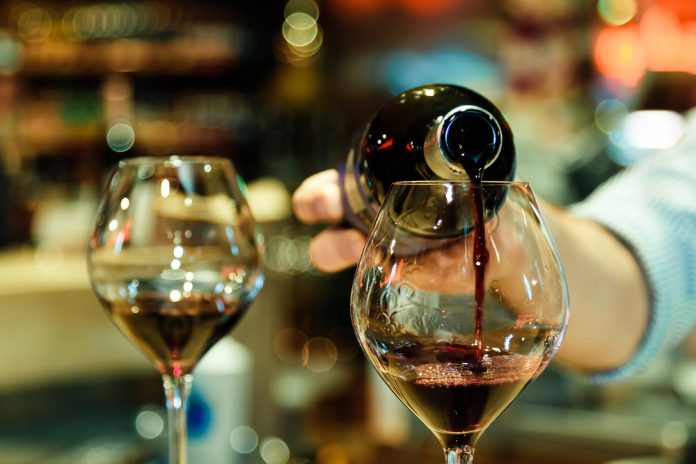Carlyle Group (NASDAQ: CG) has announced plans to buy Australia’s Accolade Wine in an A$1 billion deal.
The US private equity firm Carlyle purchased the group behind Echo Falls and intends to capitalise on China’s growing wine industry.
“This is a company with great brands and strong market positions, with multiple growth opportunities, particularly in Asian markets,” said Carlyle.
Sales of wine in China have grown since the free-trade agreement agreed between the countries in 2015. In the agreement, China cut import tariffs on Australian wine to three percent from up to 20 percent.
Sales of Australian wine in China jumped, leading to Australia becoming the second largest exporter of wine – after France. In 2017, wine exports from Australia to China jumped to 63 percent to a total of A$848 million.
Australian winemakers are also hoping to grow in China after US President Donald Trump raised import tariffs on Chinese products, which in response led to China raising tariffs on US wine imports.
Trump declared plans to impose tariffs on $50 billion in Chinese imports on Tuesday. China then unveiled plans to tax $50 billion of US products.
“We are not in a trade war with China, that war was lost many years ago by the foolish, or incompetent, people who represented the U.S. Now we have a Trade Deficit of $500 Billion a year, with Intellectual Property Theft of another $300 Billion. We cannot let this continue!” tweeted Trump after accusations of a trade war.
Champ recently had plans to float Accolade on the stock market, however, this decision was abandoned following Britain’s decision to leave the EU.
“There’s no doubt that the United Kingdom is a changing landscape and we are adjusting to that,” said chief executive, John Haddock at the time of the referendum. “The fall in the pound makes it much harder for exporters selling into the UK, who must sacrifice margins to stay competitive on the shelves of supermarket retailers.”

